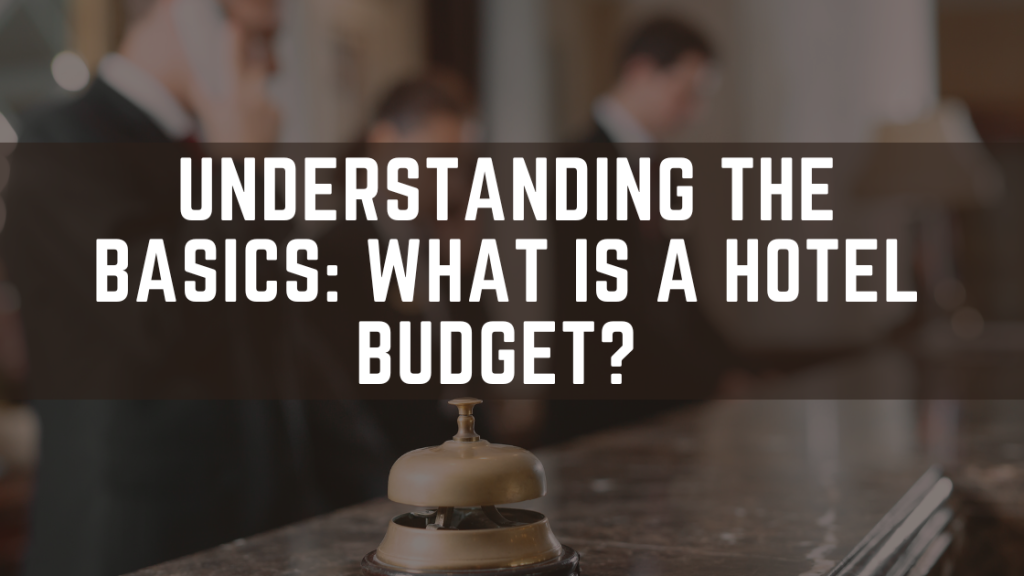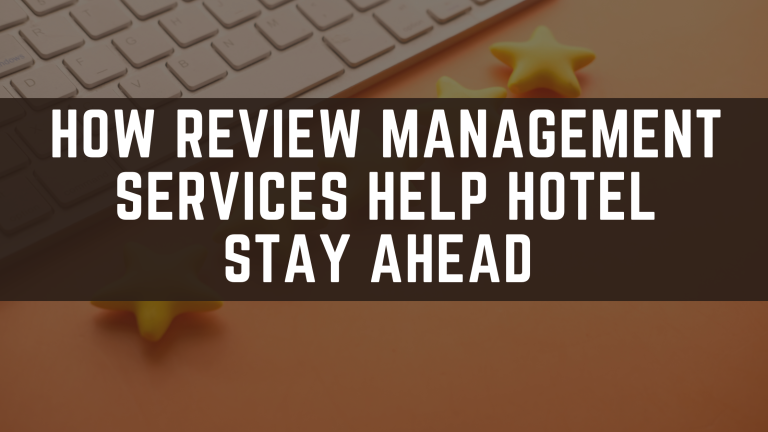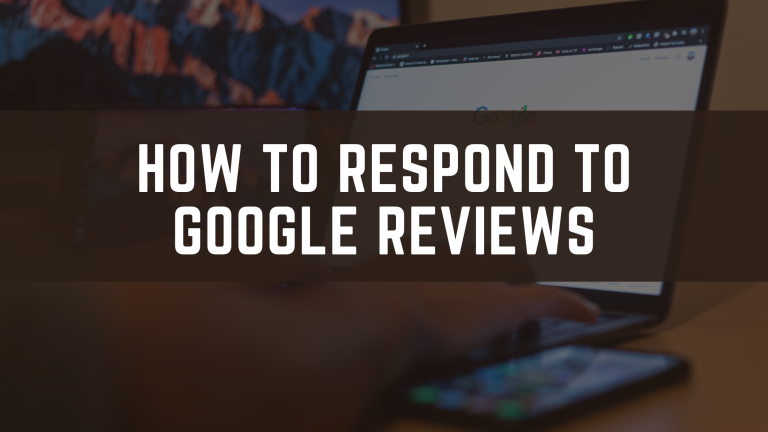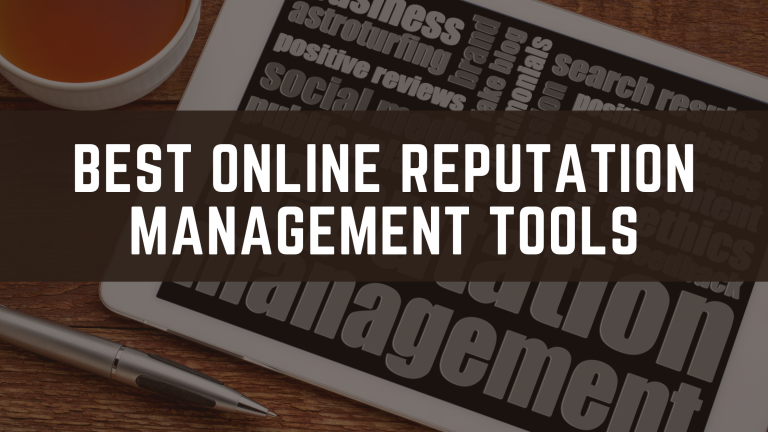While I’ve worked in other industries, it wasn’t until I started punching the proverbial time clock in the hotel industry that I was exposed to such a proactive budgeting process. Perhaps my previous professional endeavors had me in roles that took on less responsibility in budgeting; maybe my career growth ran parallel to the evolution of software products that made basics hotel budget to a more detailed process; or is it the fact that in the hotel world we are dealing with a product that has a very limited shelf life as part of our monthly inventory expires at 11:59 pm each day.
No matter the reason, once I landed in the hospitality industry, I learned how detailed the hotel budgeting process can be. While this article covers just an introduction to the hotel budgeting process, it is critical to know that hotel leadership teams create an annual budget line by line and day by day, looking at both anticipated revenues, and expenses. This process ultimately results in monthly budgets that then combine to form an annual hotel budget and business plan.
Fundamentals of Hotel Budgeting
The intricacies of budgeting can feel overwhelming, but with the help of mentors and hands-on experience, one can learn to navigate this crucial aspect of hotel management. The details below will help illustrate the initial key objectives and workflow of creating a hotel budget.
Key Takeaways
-
Importance of a Hotel Budget: A hotel budget is essential for managing a hotel’s financial health. It helps in efficiently allocating resources and maximizing profitability.
-
Revenue Projections: Accurate revenue projections from room revenue, food and beverage sales, and additional services are crucial.
-
Expense Management: Managing operational costs, labor costs, and marketing expenses is key to maintaining profitability.
-
Challenges in Budgeting: Adapting to market fluctuations, preparing for unexpected expenses, and managing seasonality are common challenges.
-
Effective Budgeting Tips: Regular reviews, collaborative planning, and investing in technology are important for effective budgeting.
What is a Hotel Budget?
A hotel budget is a detailed financial plan that outlines projected revenues and expenses over a specific period of time, typically a fiscal year. It serves as a roadmap for managing a hotel’s financial health, ensuring resources are allocated efficiently and profitability is maximized. Creating a comprehensive budget involves understanding various revenue streams and cost centers within the hotel operation.
For those seeking an introduction to hotel budgeting, we hope this content provides valuable insights. Practice makes perfect, and many hotel managers start by working with their departmental directors to create budgets specific to their departments. With a few years of experience, a General Manager will certainly be thrilled to hear from a team member eager to learn. We encourage you to speak up, express your interest, and observe the overall process. As you dive into developing a comprehensive budget, keep these six key steps in mind:
-
Collect Data: Begin by collecting granular data from previous years, including room occupancy rates, average daily rates (ADR), revenue per available room (RevPAR), and customer acquisition costs. Additionally, gather data on customer satisfaction scores, online reviews, and feedback to understand areas that may require investment.
-
Establish Goals: Set specific, measurable, achievable, relevant, and time-bound (SMART) goals for the upcoming year. These could range from increasing RevPAR by 10% to reducing energy consumption by 15%. Each goal should align with your hotel’s long-term strategy.
-
Revenue Forecasting: Create a detailed revenue forecast with a month-by-month and quarter-by-quarter breakdown. Base this on your historical data, market trends, and any planned marketing or sales initiatives. While it can be challenging to predict revenue precisely, effective revenue management is a key part of creating a hotel budget.
-
Allocate Resources: Identify the key operational areas that require investment. Break down the allocation into sub-categories like marketing (SEO, PPC, social media), property improvements (renovations, new amenities), and technology upgrades (new PMS, CRM software, reputation management tools).
-
Monitor and Adjust: Budgets are not static documents; they require ongoing monitoring and adjustments. Conduct monthly or quarterly reviews to assess performance against the set goals. If certain strategies are not yielding the expected results, reallocate resources as needed.
-
Finalize and Implement: Once you’ve made all necessary adjustments, finalize the budget and distribute it to department heads for implementation. Ensure that everyone understands their budgetary responsibilities and performance metrics.
Revenue Projections
Revenue projections are crucial for understanding the potential income a hotel can generate. Here are some key areas to focus on:
Room Revenue
Estimating income from room sales involves forecasting occupancy rates, or the number of rooms sold on any given night, and average rates. Room Revenue earned on any given night equals the number of rooms sold multiplied by the average rate for that day.
While that may sound like an easy concept, the complication is that both the number of rooms sold from one day to the next and the average rate sold may vary greatly. All things are not equal from one day to the next. In creating a hotel budget, management teams must analyze:
-
Market trends such as citywide conventions or other events that will cause increased demand or marketplace compression
-
Group business on the books. Group business allows the hotel to sell a higher volume of rooms in one swift “sale”, building a solid base of business. Once a solid base is on the books, and less inventory is then available, the hotel can then start to focus more attention on driving rates for the remaining rooms that need to be sold that day.
-
The group business pipeline (including a comparison to the pipeline of last year)
-
The increase in inventory generated by new hotels in the market
-
Seasonal demand (including day of week demand)
-
Corporate travel trends
-
Consumer confidence in leisure travel
-
Competitor pricing
In addition, a hotel leadership team will want to assess where their hotel stands within the market. Brands have the benefit of added sales channels through websites. A hotel that last completed a guestroom renovation twelve years ago may determine that they cannot generate the same sleeping room rates as a new-build hotel. And a hotel with a strong 4.7 Google rating may budget differently than the hotel next door with a 3.7 or a 3.8 average review score.
As you can see, budgeting requires a thorough understanding of your market and your hotel’s position within it. Analyzing past performance helps in setting realistic targets and expectations for the future, but no two years are alike.
To project room revenue accurately, you should:
-
Analyze Historical Data: Review past occupancy rates and revenue during similar periods.
-
Consider Market Trends: Understand current trends within your market and how they might affect your hotel.
-
Assess “Business-on-the-Books” and your “Transient Pace” this year compared to what was on the books at the same time last year.
-
Monitor Competitor Pricing: Keep an eye on what your competitors are doing with their pricing strategies.
-
Segmentation Shifts. Hotel leadership teams are constantly evaluating segmentation; the amount of business they are earning from different sources. Hotel sales and revenue teams may be deployed to increase the number of rooms sold in a specific segment because that segment drives more revenue or greater profitability than another.
-
Upsells. Many hotels have upgraded rooms and effective upsell programs can help drive additional revenues.
-
Use Forecasting Tools: In the old days we used calendars, reports from property management (PMS) systems and fancy excel spreadsheets. Today, we have a wealth of software tools at our disposal that provide great value in further assessing the market. If you haven’t done so already, implement advanced forecasting tools and software that can provide predictive analytics based on historical and current data.
Food and Beverage Sales
Food & Beverage sales are often the second biggest revenue producer for a hotel, following room revenues and it’s important to note that in most cases, it’s not just about the restaurant revenues. In projecting overall revenue related to food and beverage, departmental leaders must consider revenue from catering events, in-room dining and perhaps even activations, in addition to the more traditional restaurant and bar revenues.
For hotels that feature a robust amount of meeting and event space, catering revenue is typically a big piece of the Food & Beverage revenue landscape, and F&B leaders typically budget this as a separate line item within the overall F&B budget. Once again, in order to forecast catering sales, the F&B leaders will need to partner with those creating the room’s revenue budget to understand expected patterns for the coming year. As an example, if a hotel is budgeting for less group business for a particular month (perhaps because the sales team already knows that a sizeable piece of business that consumed meeting space and significant catering last year is not rebooking this year), food and beverage leaders will also take that lost business into account in forecasting catering revenues.
Restaurant and bar sales are also a big driver in overall food and beverage revenues. It used to be that hotel restaurants were more of a guest room amenity, a convenience for those staying at the hotel. That has changed in many cases with restaurants and bars now considered a profit center for the overall operation. This means that food and beverage managers need to strategize on how to make their restaurants and bars more public facing, driving not just hotel guests as possible customers, but locals as well. If the expectation is a consumer-base greater than those sleeping upstairs, the food and beverage managers within our hotels must focus on creating a quality culinary experience, exceptional service, marketing initiatives, online reviews, unique activations and more.
While many restaurants are focused on generating local business, assessing guest room sales will also be important in creating the restaurant and overall F&B budgets. In many cases, food and beverage revenues are dependent on room sales. The number of rooms projected on any given night may be an indicator of restaurant revenues as fewer in-house guests will mean less breakfast sales or fewer people at the bar compared to a sold-out night.
Additional Services
Calculating income from services such as spa treatments, event hosting, valet parking and other amenities is also essential in budgeting for total revenues at the hotel. Additional services can significantly enhance a hotel’s revenue, especially if they cater to the specific preferences of your target market.
Expense Management
The second part of writing a budget is assessing your expenses. Revenue numbers can be appealing on paper, but those revenues do not reflect profits and are only impressive if costs are managed appropriately, without compromising the quality of service.
Expenses are usually budgeted by each department within the hotel and no matter the department, labor is typically the one expense that leads all in terms of dollars spent. Beyond our payroll expenses, housekeeping will be budgeting for soaps, linens and more throughout the year. The guest services director will likely be planning purchases of amenities, while the sales and marketing director will be budgeting for sales trips, tradeshows and reputation management services.
Operational Costs
Managing daily expenses such as housekeeping, maintenance, and utilities is crucial for maintaining profitability. Regularly reviewing and optimizing these costs can lead to significant savings. Operational costs can quickly add up, so it’s important to keep a close eye on them and implement cost-saving measures where possible.
Labor Costs
As we noted earlier, labor costs are typically the largest expense for a hotel. The hotel industry continues to increase wages to attract and retain quality talent. While wage increases are many times critical in driving success for the business, leadership needs to be more diligent than ever in managing the overall labor plan. This means efficient staff scheduling, retaining valuable colleagues, managing overtime, cross-training and more.
Marketing and Sales
Allocating the budget for promotional activities and sales initiatives to drive bookings is essential. Investing in digital marketing, social media campaigns, and partnerships can yield significant returns. Additionally, reputation management plays a crucial role in attracting guests and maintaining a positive image.
Sales leaders may take the following into consideration when developing a plan to effectively market your hotel and drive sales:
-
Digital Marketing: Utilize SEO, PPC, Remarketing, and social media marketing to reach a wider audience.
-
Content Marketing: Create valuable content that showcases your hotel’s unique offerings.
-
Email Campaigns: Develop targeted email campaigns to engage past and potential guests.
-
Reputation Management: Work with The Reputation Lab to manage online reviews and enhance your hotel’s review presence. Our professionals can help you develop targeted strategies that elevate team engagement, drive more reviews and further elevate your online reputation.
Challenges in Hotel Budgeting
Managing a hotel budget comes with several challenges, including:
Market Fluctuations
Adapting to changes in the tourism market and economic conditions that drive business travel requires flexibility and contingency planning. Keeping an eye on industry trends and being prepared to adjust your budget and sales/rate strategy accordingly is key. Market fluctuations can be caused by economic downturns, changes in travel behavior, and even natural disasters.
Unexpected Expenses
Preparing for unforeseen costs such as emergency repairs or upgrades is crucial. Maintaining a reserve fund for such capital expenditures can provide a financial cushion in such situations. Unexpected expenses can arise at any time and can significantly impact on your budget if not properly planned for.
Seasonality
Balancing budgets to accommodate peak and off-peak seasons involves adjusting marketing efforts and staffing levels. Effective planning and resource allocation can help manage seasonal variations. Seasonality can greatly affect hotel revenue, with high occupancy during peak seasons and lower rates during off-peak times.
Tips for Effective Hotel Budgeting
Effective hotel budgeting involves a combination of strategic planning, regular monitoring, and adaptability. Here are some tips to help you manage your hotel budget effectively:
- Regular Reviews: Conducting monthly or quarterly budget reviews helps in identifying and addressing variances promptly. Regular reviews ensure that the budget remains aligned with the hotel’s financial goals and allows for timely adjustments.
- Collaborative Planning: Involving department heads in the budgeting process ensures more accurate forecasts and comprehensive planning. Collaboration fosters a sense of ownership and accountability among team members.
- Investing in Technology: Utilizing budgeting software can streamline financial planning and provide real-time data and analytics. Technology can enhance accuracy, efficiency, and decision-making capabilities.
Understand The Basics of Hotel Budgeting
Understanding the basics of hotel budgeting is crucial for managing a hotel’s financial health and ensuring long-term success. By focusing on accurate revenue projections, effective expense management, and addressing common challenges, hotel managers can create robust budgets that drive profitability.
For more insights and professional assistance with hotel budgeting and in particular ensuring your online reviews are positioned to drive your hotel revenues, visit The Reputation Lab or Contact Us for more information. Our experts can help your team maximize your review performance.




